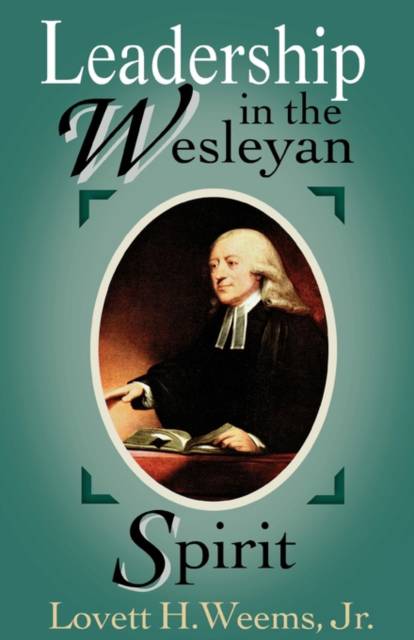
- Afhalen na 1 uur in een winkel met voorraad
- Gratis thuislevering in België vanaf € 30
- Ruim aanbod met 7 miljoen producten
- Afhalen na 1 uur in een winkel met voorraad
- Gratis thuislevering in België vanaf € 30
- Ruim aanbod met 7 miljoen producten
Zoeken
Omschrijving
The purpose of this book is simple -- to reclaim a vision for church leadership from the great spiritual awakening known as the Wesleyan movement. Yet the way one goes about this work, contends Lovett H. Weems, Jr., is anything but simple. It involves walking a tightrope between continuity and change. The task is neither to repeat the past, nor to ignore it. Rather the need is to locate the genius behind the achievements of the past from which we can learn for our day. It is to choose selectively those themes and emphases of the Wesleyan movement that can best inform the practice of ministry today, and to seek to grow into them. In order to achieve this, Weems identifies such principles of early Wesleyanism as beginning with where people are, focusing on service, and remembering the poor. He then enumerates practices of Wesleyan leadership, such as leading from the center and the edge, living in tension, and making "connection" happen. Finally, he names the core passions of the Wesleyan spirit: knowing God, proclaiming Christ, and seeking justice.
Specificaties
Betrokkenen
- Auteur(s):
- Uitgeverij:
Inhoud
- Aantal bladzijden:
- 176
- Taal:
- Engels
Eigenschappen
- Productcode (EAN):
- 9780687046928
- Verschijningsdatum:
- 1/04/1999
- Uitvoering:
- Paperback
- Formaat:
- Trade paperback (VS)
- Afmetingen:
- 141 mm x 216 mm
- Gewicht:
- 231 g

Alleen bij Standaard Boekhandel
+ 55 punten op je klantenkaart van Standaard Boekhandel
Beoordelingen
We publiceren alleen reviews die voldoen aan de voorwaarden voor reviews. Bekijk onze voorwaarden voor reviews.











